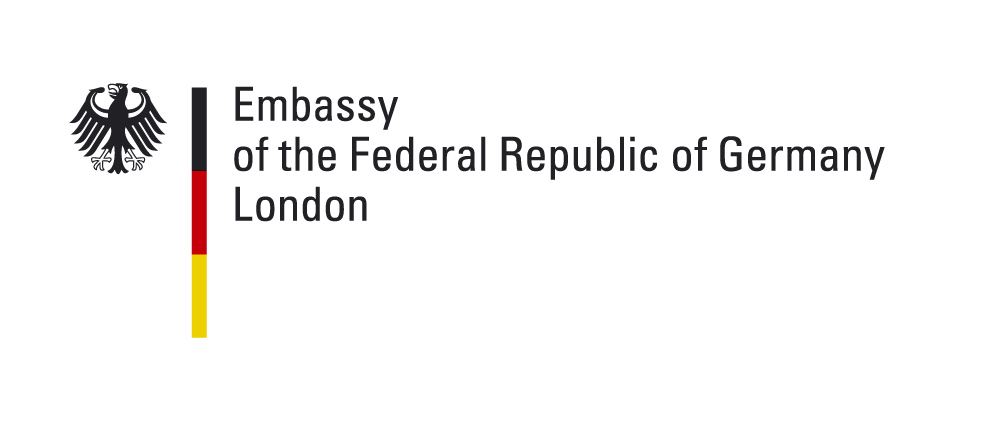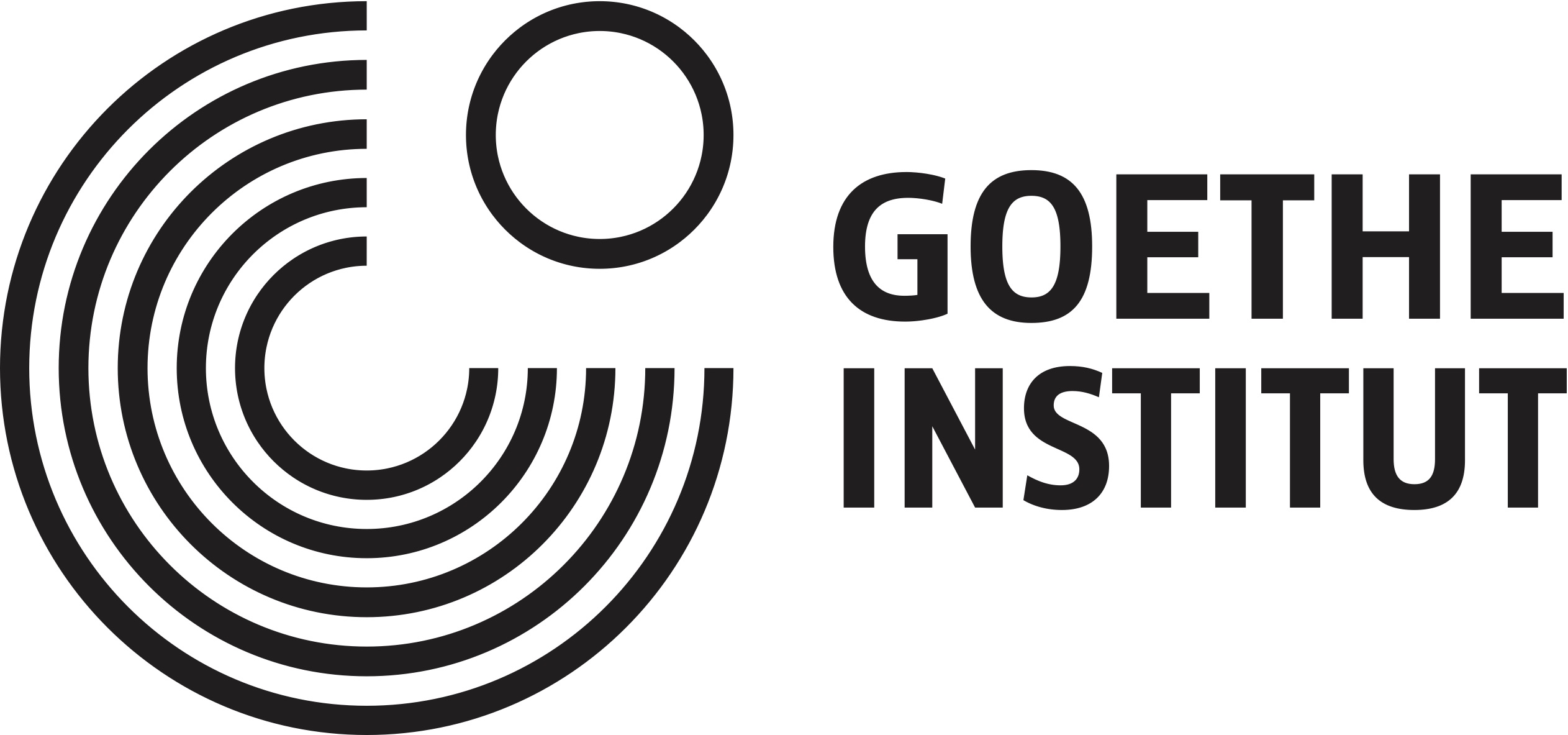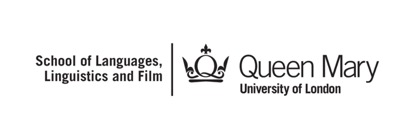
Matthew
I was always on the outside looking in.
On
1 September 1939, the day before Germany invaded Poland, the last group of
children left Berlin on the Kindertransport. Matthew’s father Ben was
one of them. It was only the day before that Ben had come from Breslau where he was living
with his uncle. Having no children of his own, his uncle had hoped Ben would
take over the family furniture business. This, of course, never happened.
Matthew’s father was sent to Devon with other refugee children where they were
to be trained in agriculture with a view to using their new skills in
Palestine. Again, because of the length of the war this never happened.
As a Polish citizen, Ben was enlisted in the Polish army (the Home Army), and in 1943, as a German-speaking Jew, was posted to Scotland. After the war, he followed other men from military service into coalmines near Manchester where he later settled as a textile merchant.
Matthew was born in Manchester in 1962. Ben never gave Matthew a convincing answer about why he had not brought him up bilingually other than to say that in those days people didn’t really think about it. ‘Today, no one would miss an opportunity to bring up their children bilingually’, Matthew added.
Ben has an ambiguous relationship to Germany. On the one hand there is an admiration for the German way of doing things, and on the other hand, there is the sense of injury about what Germany did to his family. Yet, Ben remains strongly connected with Germany culturally.
Matthew’s own identity has also always been defined by ambiguity: ‘I never felt a particular sense of belonging in England. My dad would say that he is eternally grateful that England gave him a safe haven, a refuge. I’ve grown up here, and I am much more English than my dad is, but I have always felt an otherness being in England. It’s weird.’
As a Polish citizen, Ben was enlisted in the Polish army (the Home Army), and in 1943, as a German-speaking Jew, was posted to Scotland. After the war, he followed other men from military service into coalmines near Manchester where he later settled as a textile merchant.
Matthew was born in Manchester in 1962. Ben never gave Matthew a convincing answer about why he had not brought him up bilingually other than to say that in those days people didn’t really think about it. ‘Today, no one would miss an opportunity to bring up their children bilingually’, Matthew added.
Ben has an ambiguous relationship to Germany. On the one hand there is an admiration for the German way of doing things, and on the other hand, there is the sense of injury about what Germany did to his family. Yet, Ben remains strongly connected with Germany culturally.
Matthew’s own identity has also always been defined by ambiguity: ‘I never felt a particular sense of belonging in England. My dad would say that he is eternally grateful that England gave him a safe haven, a refuge. I’ve grown up here, and I am much more English than my dad is, but I have always felt an otherness being in England. It’s weird.’
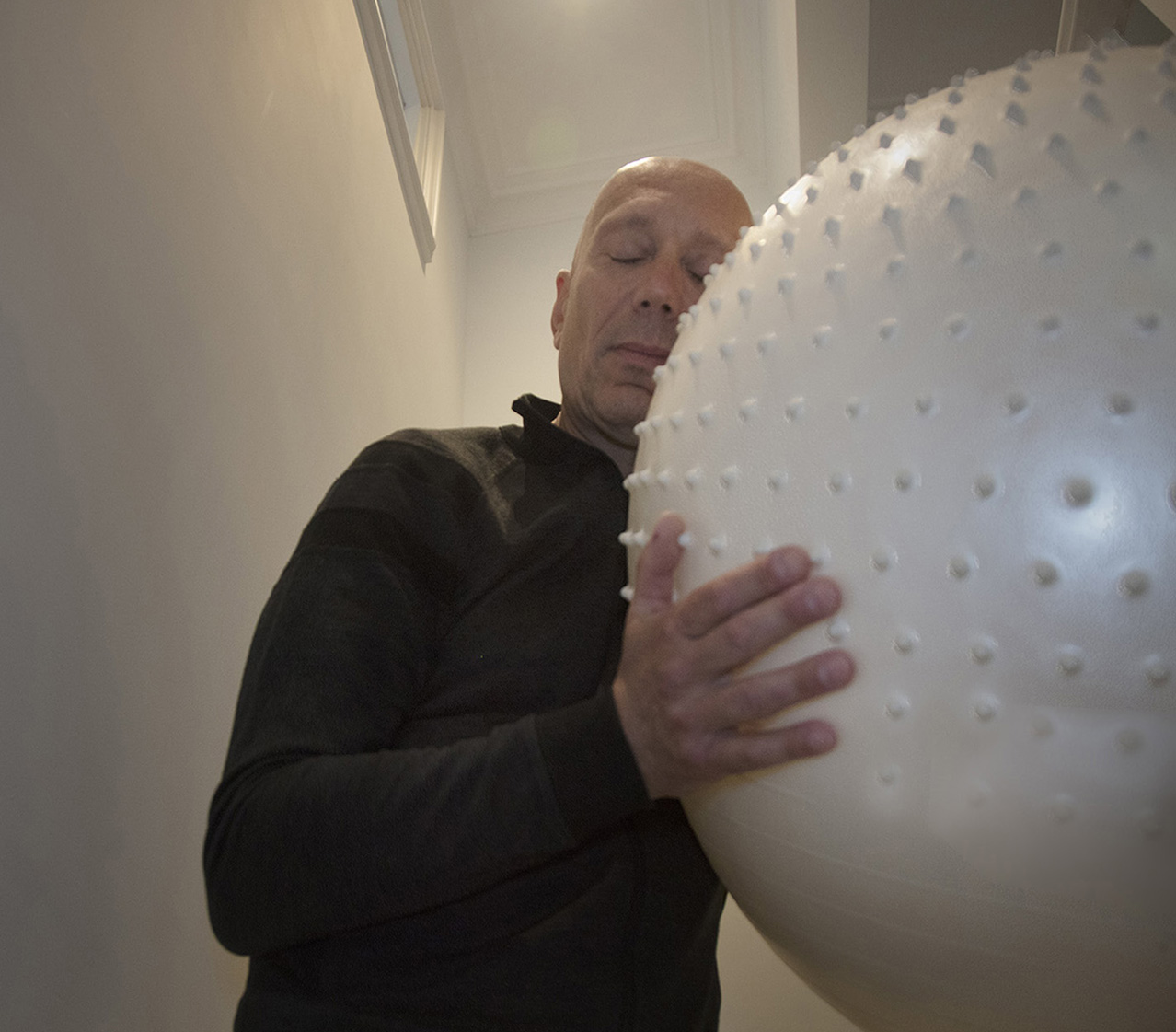
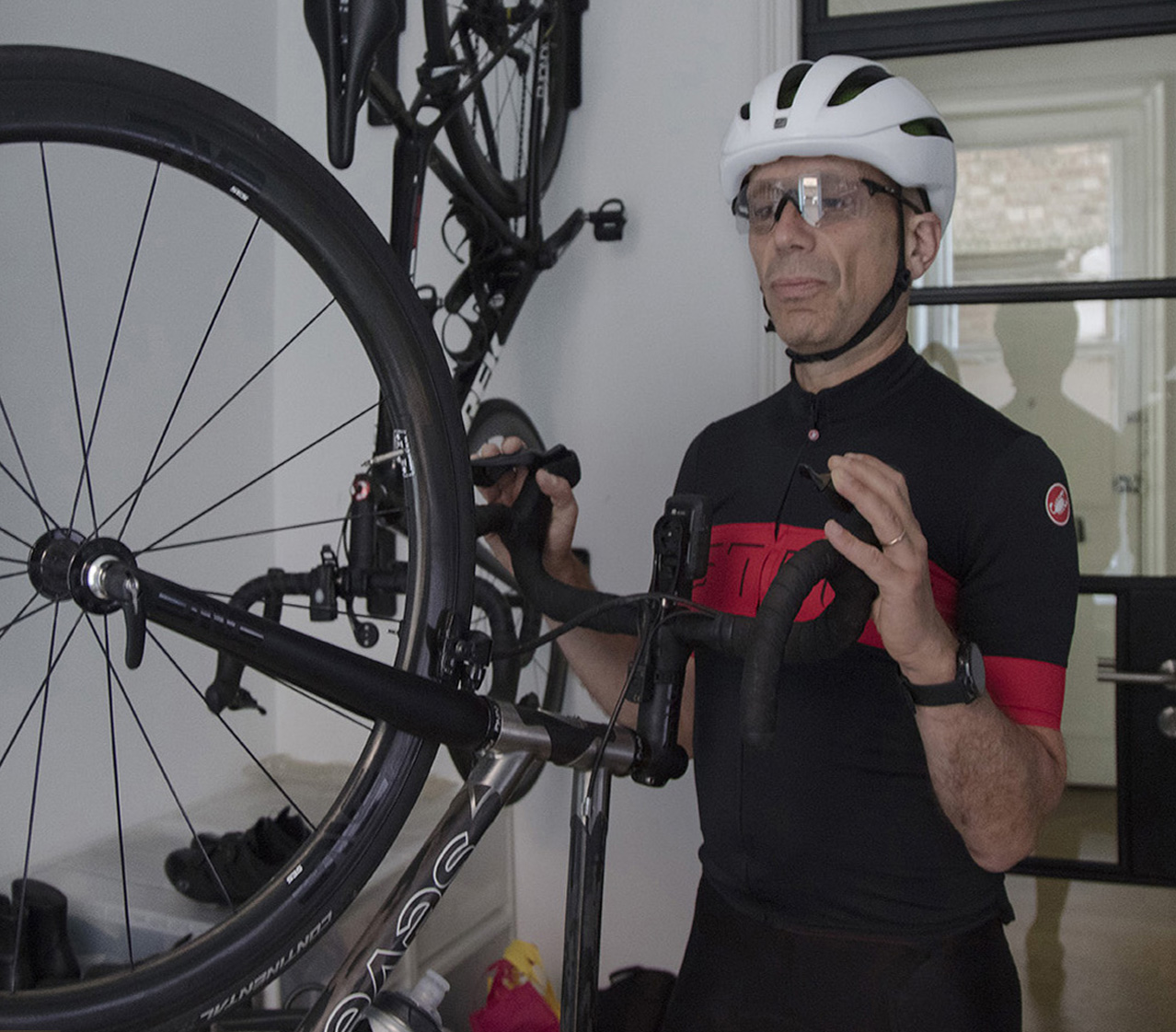
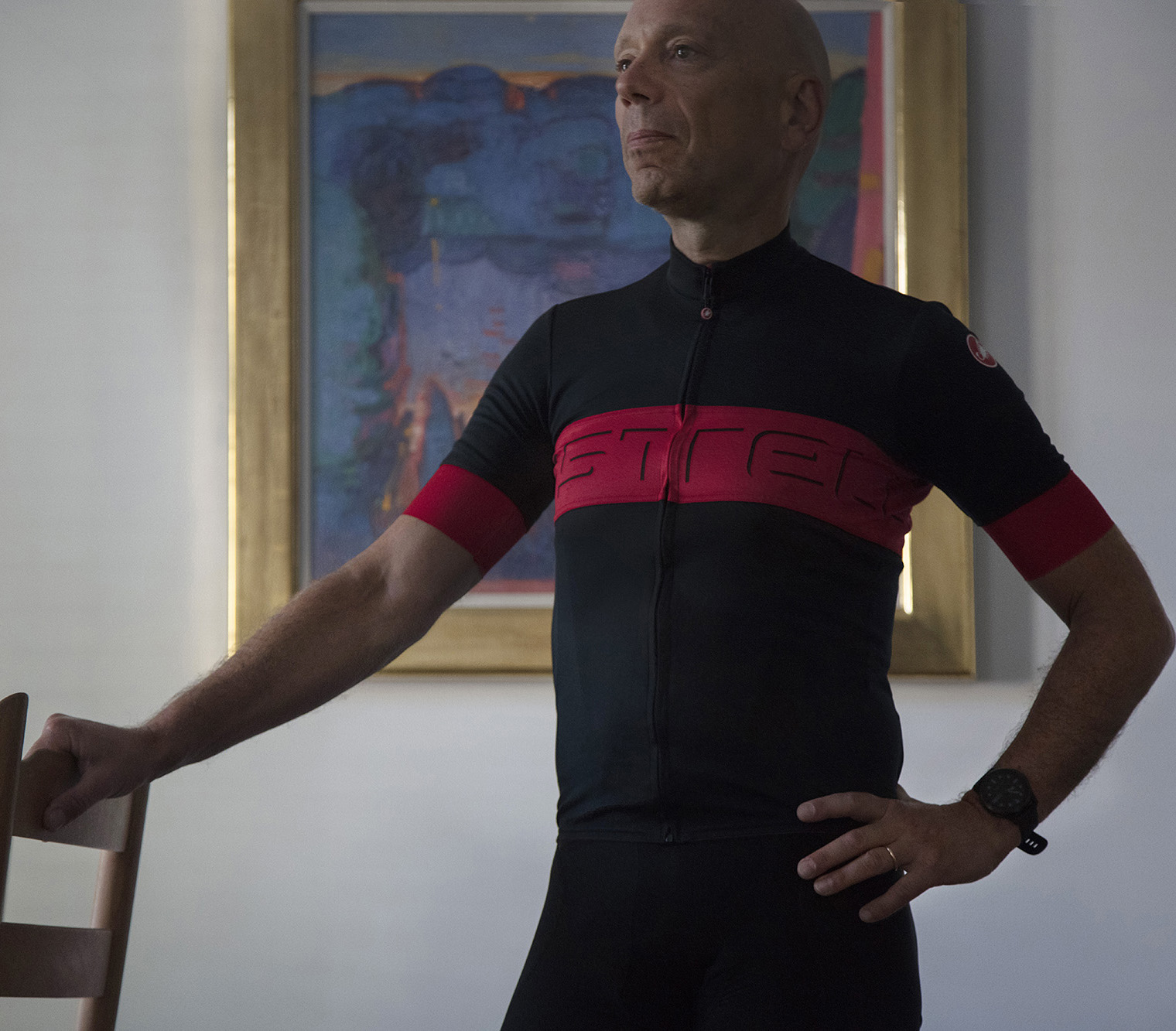


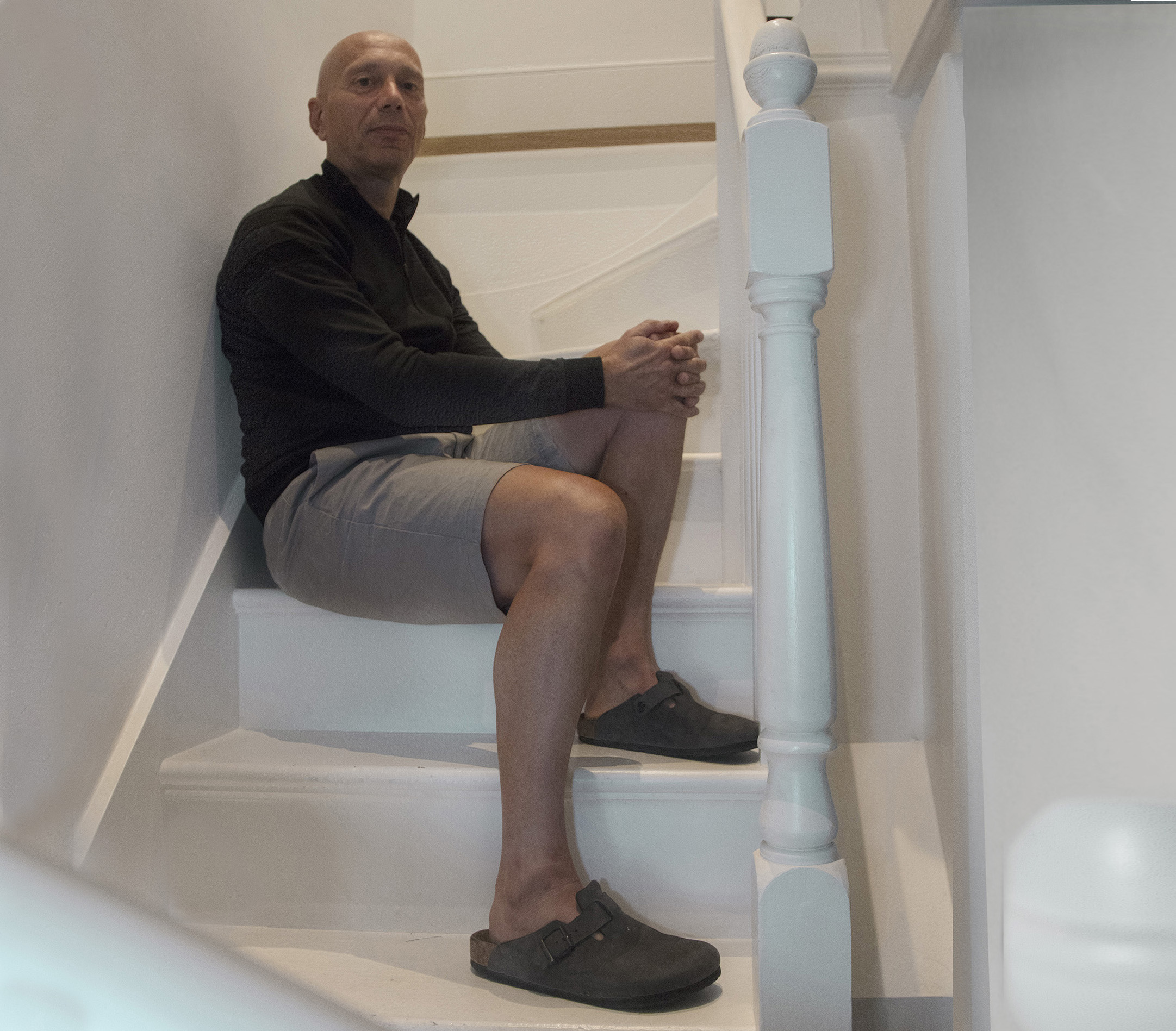
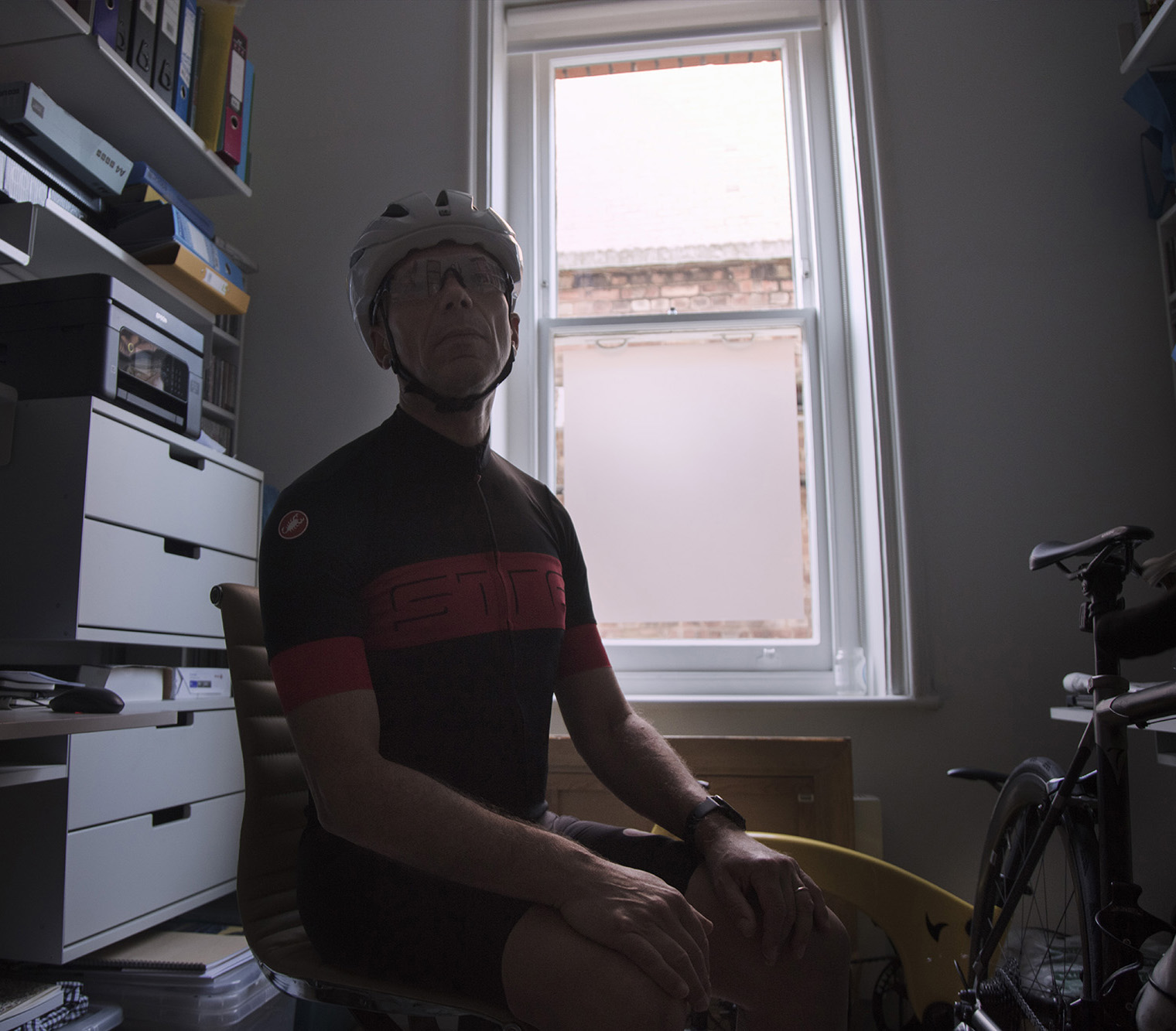
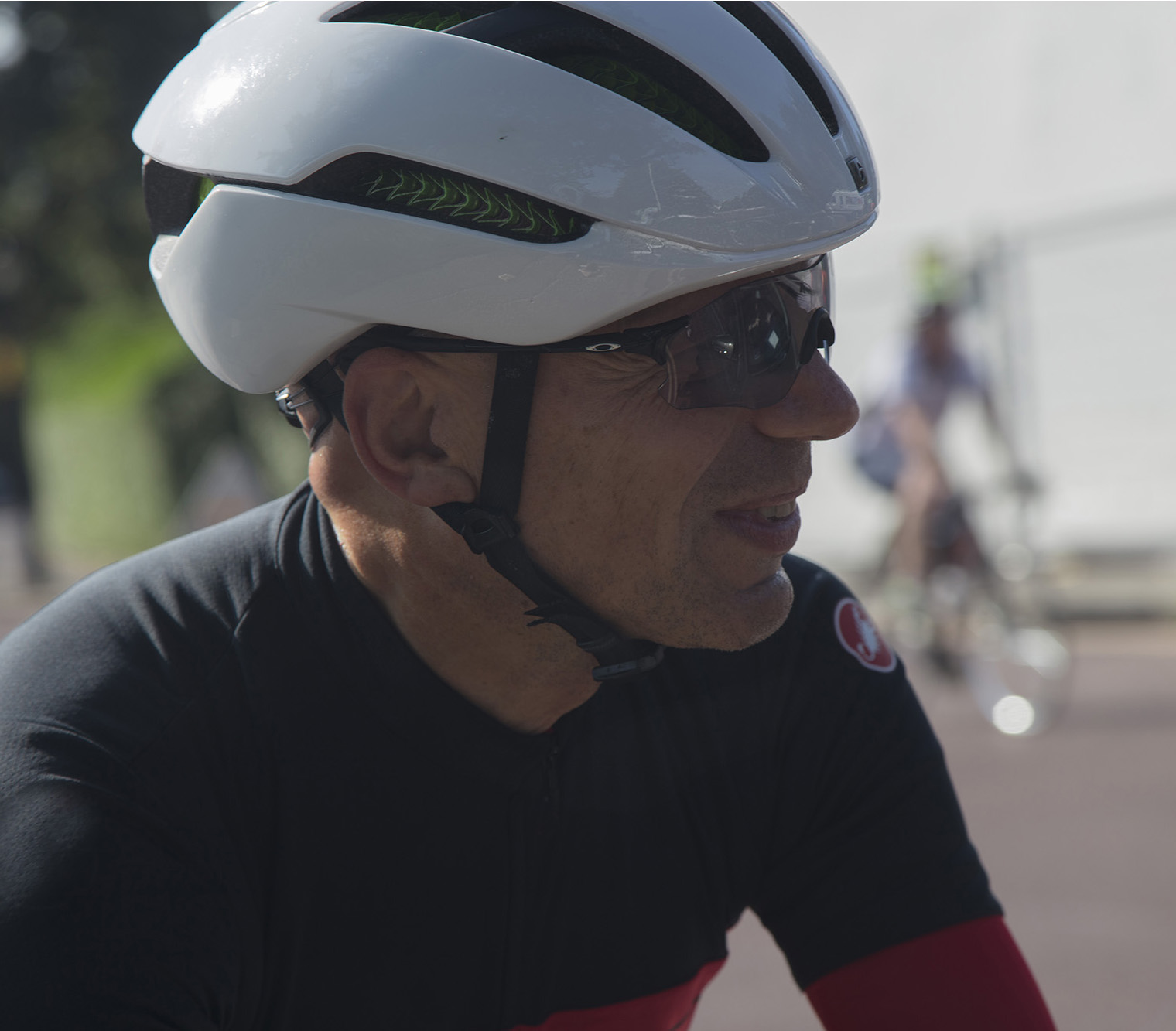
This project is part of the initiative ‘Stand Together and Go Virtual’, supported by the German Embassy London and the Goethe-Institut London.
